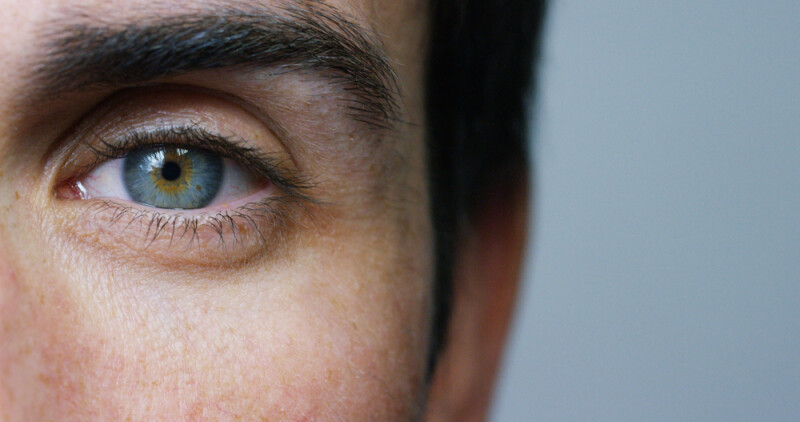Do patients want integrative treatments, and are they willing to pay for them?
March 31, 2017
 While complementary, alternative, and integrative medicine treatments such as acupuncture and massage therapy are usually offered in outpatient settings, a new survey published in the The Journal of Alternative and Complementary Medicine shows that the many hospitalized patients perceived integrative services to be helpful, according to a March 27 press release. Researchers looked at 100 adult patients with a median age of 53 years old who were hospitalized in the University of California, San Diego, Healthcare System. The patients completed a brief individual interview, which covered their thoughts on common integrative services, including acupuncture, aromatherapy, art therapy, guided imagery, healthy food, humor therapy, massage therapy, music therapy, pet therapy, Reiki, and stress management. Researchers asked which CAM therapies the patients perceived as being potentially the most helpful, their willingness to pay for those therapies, and their perceived beliefs regarding the use of those therapies. Patients most commonly perceived healthy food (85 percent), massage therapy (82 percent), and humor therapy (70 percent) to be the most helpful, and were most willing to pay for healthy food (71 percent), massage therapy (70 percent), and stress management (48 percent). Researchers found that patients commonly believed alternative treatments would provide relaxation (88 percent), increase well-being (86 percent), and increase their overall satisfaction with the hospitalization (85 percent). While the results of the survey are limited, they do provide perspective for those facilities looking to expand their menu of services, and offers hope to the many practitioners already helping patients through integrative methods. This study suggests that integrative services may be a beneficial addition to hospitals, as demonstrated by patients' interest and stated willingness to pay for these services. These findings, though preliminary, may also help organizational leaders when making choices regarding the development of alternative and complementary services within hospitals, particularly since a patients are reporting integrative services would increase their overall satisfaction with the hospitalization. These results merit further attention given the need to increase cost savings while enhancing the overall patient experience in today's medical marketplace. The survey and analysis was published in The Journal of Alternative and Complementary Medicines. The article is available free on the journal's website until April 28. Click here to learn more.
While complementary, alternative, and integrative medicine treatments such as acupuncture and massage therapy are usually offered in outpatient settings, a new survey published in the The Journal of Alternative and Complementary Medicine shows that the many hospitalized patients perceived integrative services to be helpful, according to a March 27 press release. Researchers looked at 100 adult patients with a median age of 53 years old who were hospitalized in the University of California, San Diego, Healthcare System. The patients completed a brief individual interview, which covered their thoughts on common integrative services, including acupuncture, aromatherapy, art therapy, guided imagery, healthy food, humor therapy, massage therapy, music therapy, pet therapy, Reiki, and stress management. Researchers asked which CAM therapies the patients perceived as being potentially the most helpful, their willingness to pay for those therapies, and their perceived beliefs regarding the use of those therapies. Patients most commonly perceived healthy food (85 percent), massage therapy (82 percent), and humor therapy (70 percent) to be the most helpful, and were most willing to pay for healthy food (71 percent), massage therapy (70 percent), and stress management (48 percent). Researchers found that patients commonly believed alternative treatments would provide relaxation (88 percent), increase well-being (86 percent), and increase their overall satisfaction with the hospitalization (85 percent). While the results of the survey are limited, they do provide perspective for those facilities looking to expand their menu of services, and offers hope to the many practitioners already helping patients through integrative methods. This study suggests that integrative services may be a beneficial addition to hospitals, as demonstrated by patients' interest and stated willingness to pay for these services. These findings, though preliminary, may also help organizational leaders when making choices regarding the development of alternative and complementary services within hospitals, particularly since a patients are reporting integrative services would increase their overall satisfaction with the hospitalization. These results merit further attention given the need to increase cost savings while enhancing the overall patient experience in today's medical marketplace. The survey and analysis was published in The Journal of Alternative and Complementary Medicines. The article is available free on the journal's website until April 28. Click here to learn more.



















SHARE